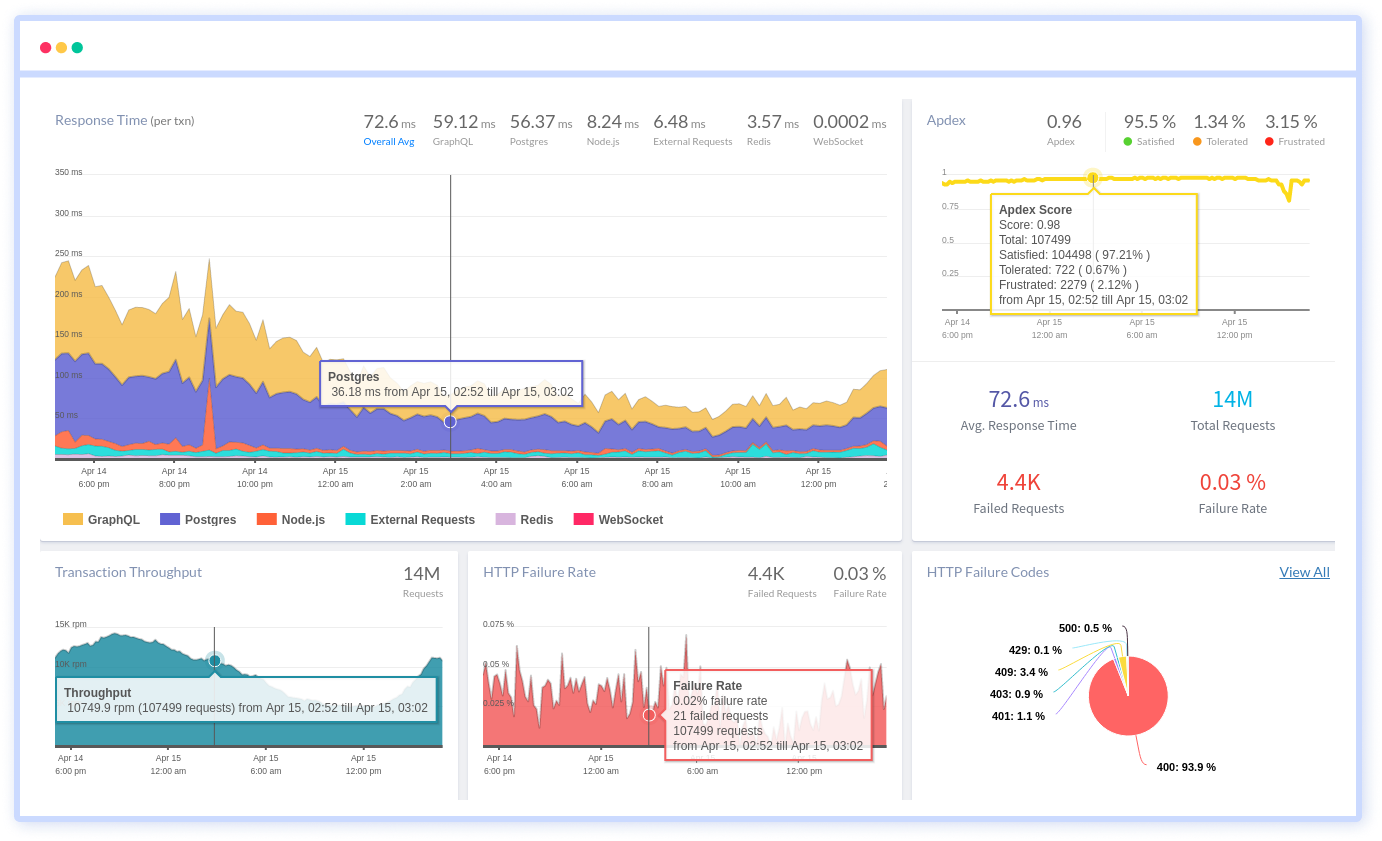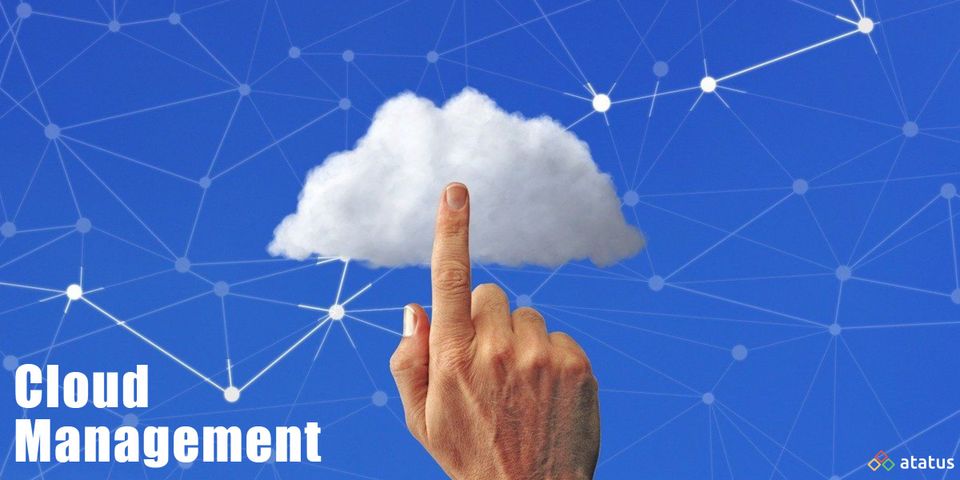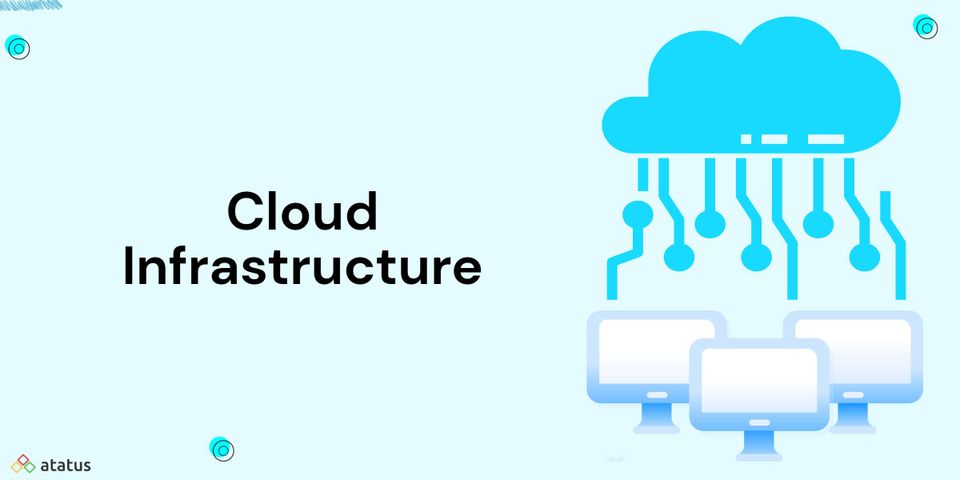Cloud computing security is becoming increasingly important as businesses shift more of their data and infrastructure to the cloud. Multiple levels of control are provided by cloud security in network infrastructure to ensure continuity and protection. It's a necessary component of building a productive environment for businesses all around the world.
Here how it’s done:
- What is Cloud Computing Security?
- Types of Cloud Computing Security Controls
- Benefits of Cloud Computing Security
- Why Cloud Computing Security is Important?
- Challenges of Cloud Computing Security
What is Cloud Computing Security?
The controls that must be adopted in order to avoid the loss of data, information, or resources belonging to a cloud services provider or its customers are referred to as cloud computing security. These security measures are intended to protect cloud data, services, applications, and related infrastructure from both internal and external threats, while also protecting users' privacy and enabling and maintaining compliance with all applicable rules and regulations. While cloud computing security requirements differ greatly from one company to the next, the primary goal is data protection and access management.
As more businesses take advantage of cloud computing and benefit from lower costs, increased agility, and the ability to scale quickly, they must ensure that security is considered from the start and that the appropriate type and level of security are selected to actively prevent data loss and leakage. In order to provide a secure computing environment, several bases must be covered, just as they are in a traditional computer or data security. Security methods such as restricting access to applications and system resources, logging access and use of applications and systems, and regulating and monitoring access to physical computing resources like servers & data centres, etc. can all be used to improve cloud computing security.
Types of Cloud Computing Security Controls
IT organizations and the cloud service providers with whom they do business share responsibilities for adopting security policies to secure cloud-based applications and data. These controls encompass a number of techniques for minimizing, mitigating, or eliminating various sorts of risk: business continuity and disaster recovery, data encryption, and cloud access management are all security controls.
Although there are many different forms of cloud computing security controls, they all fall into one of four categories.
#1 Deterrent Control
Deterrent controls are meant to make nefarious actors think twice about attacking a cloud system. These restrictions could serve as a warning that an attack would result in retaliation. Insider attacks are a source of danger for cloud service providers, so conducting criminal background checks on employees could be an example of deterrent control.
#2 Preventive Control
By removing vulnerabilities, preventive controls make the cloud environment more resistant to attacks. Writing a piece of code that kills dormant ports as a preventive control could ensure that hackers have no available entry points. Another strategy to reduce attack risk is to keep a robust user authentication system in place.
#3 Detective Control
Detective controls are used to detect and respond to security risks and events. Detective controls, like intrusion detection software and network security monitoring tools, monitor the network to determine when an attack is likely to occur.
#4 Corrective Control
In the event of a security incident, corrective controls are activated. Their job is to minimize the impact of the occurrence. To avoid data theft, a developer might design code that disconnects data servers from the network when a specific sort of threat is detected.
Benefits of Cloud Computing Security
By working with innovative private cloud computing providers in a way that does not risk your company's security, you may reap the benefits of cloud computing security on a budget. The following are some of the benefits of using a top cloud computing security solution:
- Data Security
Cloud computing security has security protocols in place to secure sensitive information and transactions in the ever-increasing era of data breaches. This prohibits eavesdropping or tampering with data being transferred by a third party. - Regulatory Compliance
Cloud computing security assists businesses in regulated industries in managing and maintaining better infrastructures for compliance and data protection. - Flexibility
Whether you're increasing or decreasing capacity, cloud computing security gives you the peace of mind you need. By scaling up your cloud solution, you may avoid server crashes during periods of high demand. Then, once the high traffic period has passed, you may cut back down to save cost. - High Availability and Support
A cloud computing security ensures that a company's assets are protected at all times. This offers live surveillance 24 hours a day, seven days a week, and 365 days a year. There are built-in redundancies to ensure that your company's website and applications are always available.
Why Cloud Computing Security is Important?
You may want to make sure your data is safe while it's being stored on the cloud, therefore cloud data security is crucial. Due to a massive number of high-profile hacking cases, this is a hot topic among business owners, but the reality is that your data is safer on the cloud, and all cloud storage services place a great premium on security.
Your data is backed up to the cloud instead of being kept on-site or locally when you use cloud storage. Some companies still use tape backups or keep their data backups on-site or off-site. Both backups could be lost if there is a local disaster. Since the data is stored in faraway locations, cloud security prevents this issue, safeguarding your business from data loss.
Both business and personal users need to be concerned about cloud security. Everyone wants to know that their personal information is safe and secure, and businesses are required by law to keep client data secure, with some industries having more severe data storage regulations.
Your cloud service's security is critical, and you should always verify that your service provider can deliver the appropriate levels of security for your industry.
Challenges of Cloud Computing Security
To deal with cloud security issues, you'll need to pick the correct tools and vendors.
DDoS and Denial-of-Service Attacks
A DDoS attack aims to overload website servers, preventing them from responding to valid user requests. A successful DDoS attack will leave a website unusable for hours, if not days. This can lead to a drop in revenue, as well as a loss of customer trust and brand authority. Complementing cloud services with DDoS protection is no longer a good to have; it's a requirement.
Data Breaches
IT professionals have traditionally had extensive control over network infrastructure and physical hardware (firewalls, etc.) used to protect proprietary data. Some of those security controls are abandoned to a trusted partner in the cloud including private cloud, public cloud, and hybrid cloud environments, which means cloud infrastructure can enhance security threats.
Data Loss
It's reasonable to be concerned about the security of business-critical data when it's moved to the cloud. Losing cloud data, whether through human error, criminal manipulation such as malware installation (i.e. DDoS), or a natural disaster that shuts down a cloud service provider, might be fatal for enterprise business. A DDoS attack is frequently used as a ruse to conceal a more serious threat, such as an attempt to steal or erase data.
Insecure Access Control Points
One of the most appealing features of the cloud is that it can be accessed from any location and on any device. If given enough time, hackers can locate and obtain access to these types of vulnerabilities, as well as exploit authentication via APIs. HTTP requests to a website are examined by a behavioural web application firewall to ensure they are authentic traffic. This always-on device helps secure web applications and APIs in cloud environments and off-premises data centres from security breaches.
Notifications and Alerts
Network security, as well as cloud computing security, is built on awareness and proper communication of security issues. Comprehensive data security and access management plan should include notifying the appropriate website or application managers as soon as a threat is recognized. Speedy mitigation focuses on clear and timely information so that the appropriate entities can take action and the threat's impact is reduced.
Summary
The discipline and practice of protecting cloud computing environments, applications, data, and information are known as cloud computing security. Defending cloud environments against unauthorized use/access, distributed denial of service (DDoS) attacks, hackers, malware, and other threats is what cloud computing security is all about.
Monitor Your Entire Application with Atatus
Atatus provides a set of performance measurement tools to monitor and improve the performance of your frontend, backends, logs and infrastructure applications in real-time. Our platform can capture millions of performance data points from your applications, allowing you to quickly resolve issues and ensure digital customer experiences.

Atatus can be beneficial to your business, which provides a comprehensive view of your application, including how it works, where performance bottlenecks exist, which users are most impacted, and which errors break your code for your frontend, backend, and infrastructure.





